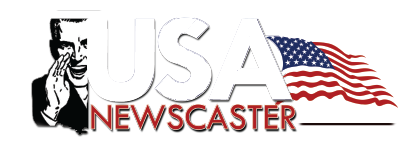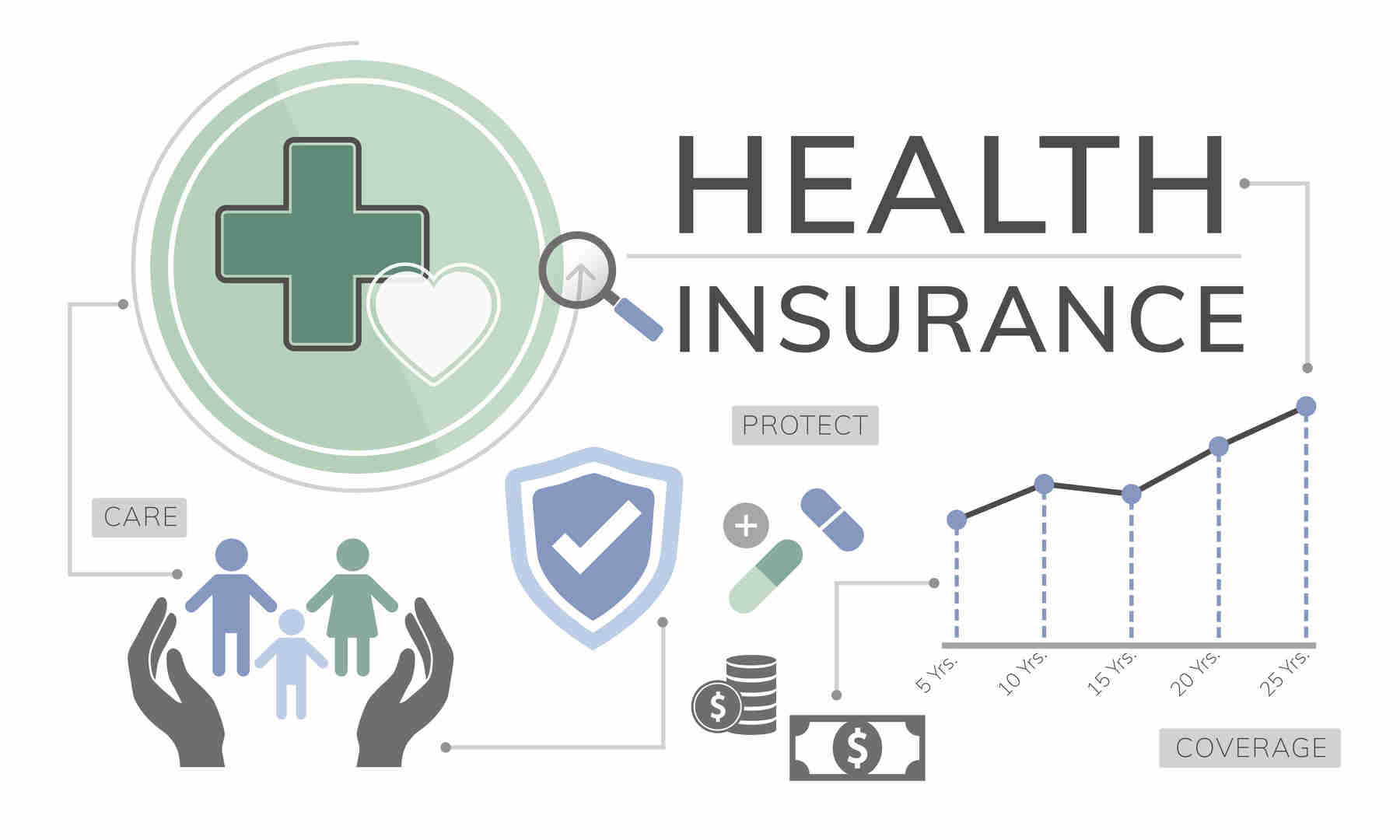Health Insurance Portability and Accountability Act, or in short, HIPAA, establishes requirements for protecting personal health information (PHI). Auditing these compliance measures is essential to ensure healthcare entities effectively adhere to regulations. This column will help you understand the significance of HIPAA audits and the role of compliance management software in facilitating adherence to these regulations.
Importance of HIPAA Audits
Audits are critical for healthcare organizations to ensure ongoing HIPAA Compliance with privacy and security rules. Regular audits help identify and mitigate risks associated with the handling of PHI, ensuring patient data is protected against unauthorized access and breaches. Non-conformity with HIPAA regulations can lead to hefty fines and damage to an organization’s reputation, underscoring the need for diligent oversight. Utilizing reliable management software can significantly streamline the audit process, offering tools and features that help maintain continuous conformity and audit readiness. This software also aids in efficiently generating audit trails that are crucial during external audits.
Conducting Risk Assessments
Risk assessments are a cornerstone of HIPAA Compliance, providing a systematic process to evaluate the vulnerabilities and risks that could adversely affect the confidentiality, integrity, and availability of ePHI. Steps to perform a thorough risk assessment include identifying where PHI is stored, transmitted, and accessed and evaluating the impact of current controls to protect this data. This management software plays a crucial role here, automating multiple aspects of the risk assessment process and ensuring that all potential vulnerabilities are systematically addressed and documented. These platforms also facilitate continuous monitoring and updating of risk assessment protocols to adapt to new threats.
Documentation and Record Keeping
Accurate documentation and record-keeping are vital components of conformity. They prove the organization’s efforts to comply with HIPAA regulations and are crucial for audit trails. Proper documentation includes policies, procedures, training records, incident response logs, and risk assessments. Compliance management software helps ensure that documentation is consistently updated and securely stored, simplifying management and retrieval of documents necessary for audits and reviews. It also provides templates and best practices to ensure all required documentation meets regulatory standards.
Responding to Audit Findings
Responding effectively to audit findings is crucial for continuously improving these programs. Developing and implementing corrective action plans in response to identified deficiencies is vital. Compliance management software can aid significantly in this process, providing tools to track remediation activities, manage timelines, and ensure that all corrective measures are implemented effectively. Additionally, it can alert you to conformity deadlines and automate follow-ups to ensure corrective actions are completed on schedule.
Fostering a Culture of Compliance
Integrating a culture of conformity within all levels of an organization is crucial for adequate HIPAA adherence. This involves more than just regular training; it requires embedding it into the organization’s daily operations and decision-making processes. Leadership should promote a culture where employees feel responsible for protecting patient data. Compliance management software can support this cultural shift by providing accessible training modules, real-time updates on regulatory changes, and platforms for reporting potential issues without fear of retaliation. This proactive approach helps ensure it becomes a natural part of the workflow, significantly reducing the risk of breaches and improving the organization’s ability to respond swiftly and effectively to audit findings.
HIPAA audits are essential for ensuring conformity with federal regulations to protect patient health information. By conducting regular risk assessments, maintaining meticulous documentation, and responding proactively to audit findings, healthcare organizations can uphold high data protection standards. Using reliable compliance management software enhances these efforts, providing a robust framework to manage conformity more efficiently and effectively.






